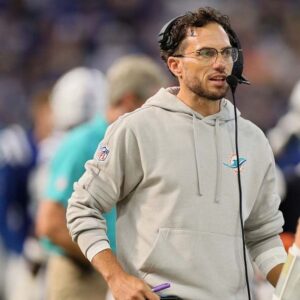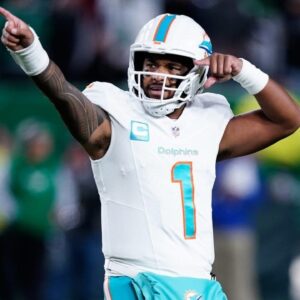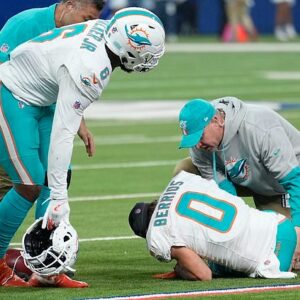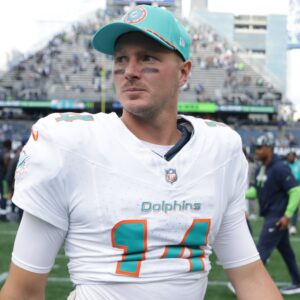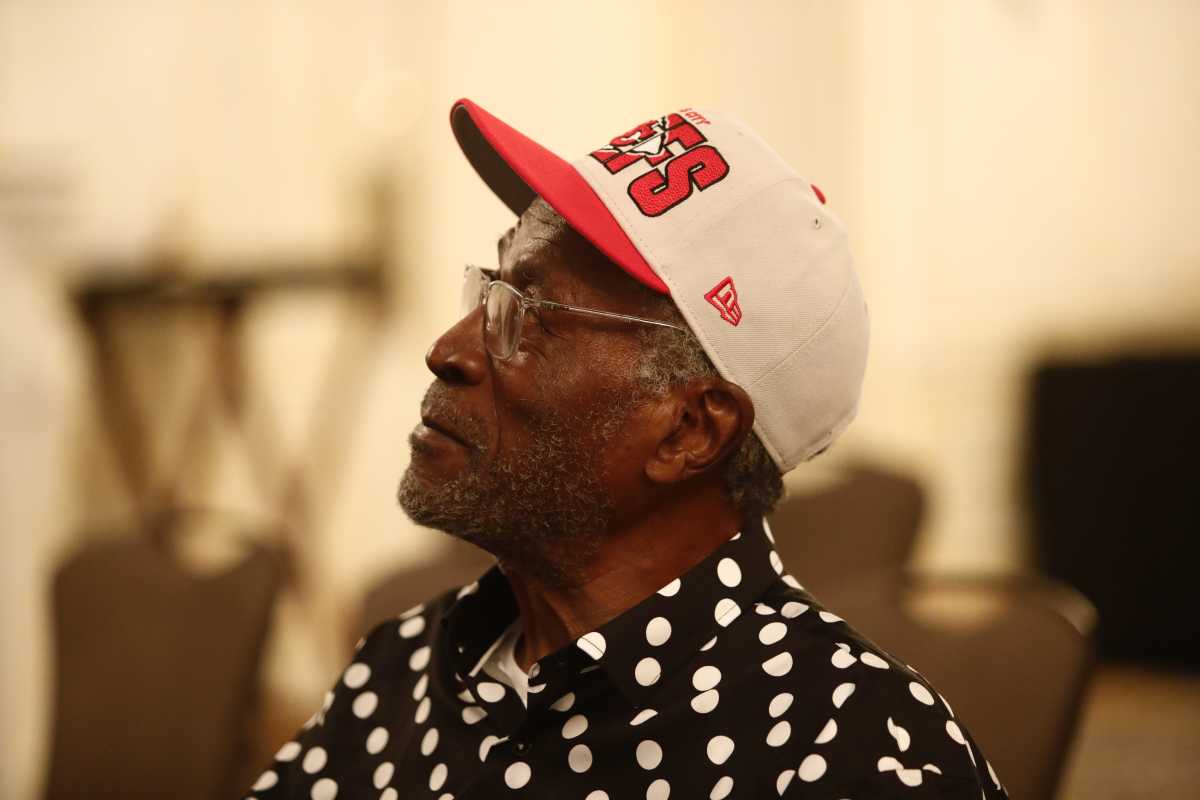
John Amos, a cinema icon and one-time Kansas City Chiefs running back, has died at 84 years old.
“I was born and raised in East Orange, New Jersey,” Amos said in a team feature. “And I was a slightly better than average high school football player. All I ever wanted to do all my life was to play pro football. I figured that was going to be the best way to escape the economic strata that we seemed ot be locked into.”
Amos would go on to play collegiate football at Colorado State University, but it came at a time when the Rams had one of the worst records in college football. Amos went undrafted in 1964 and signed a free agent contract with the Denver Broncos. He didn’t last long, explaining that he was released just days after signing due to injury.
“I literally walked to training camp and when I got cut, I limped back home, all of three blocks,” he said. “So that was my initiation into the NFL.”
Amos would later earn an opportunity with Kansas City, who he said treated him as if he were a first-round draft pick.
Upon releasing Amos in 1967, Chiefs HC Hank Stram uttered the following piece of advice: “You are not a football player you are a young man who happens to be playing football.”
Legend has it that Amos asked Stram if he could recite a poem to the team after he was cut. He was allowed that opportunity and his delivery of the poem was well-received. Former Chiefs TE Fred Arbanas said it gave him chills. Other players actually petitioned Coach Stram to keep Amos after he read the poem. It was that moment that made him realize perhaps he had another calling in the entertainment industry.
You can watch the full “Chiefs Kingdom: John Amos” feature on the team’s website.
Amos later earned his first television role as Gordy Howard in “The Mary Tyler Moore Show” in 1970. He’s best known for his role as James Evans Sr in “Good Times.” He earned an Emmy nomination for his role in “Roots.” He also has film credits in “Let’s Do It Again”, “Coming to America”, and “Die Hard 2.”
Amos kept up with the Chiefs and remained a fan of the team long after his football-playing career ended. He was often spotted in public wearing Chiefs caps and would occasionally return to Arrowhead Stadium to see them play.
